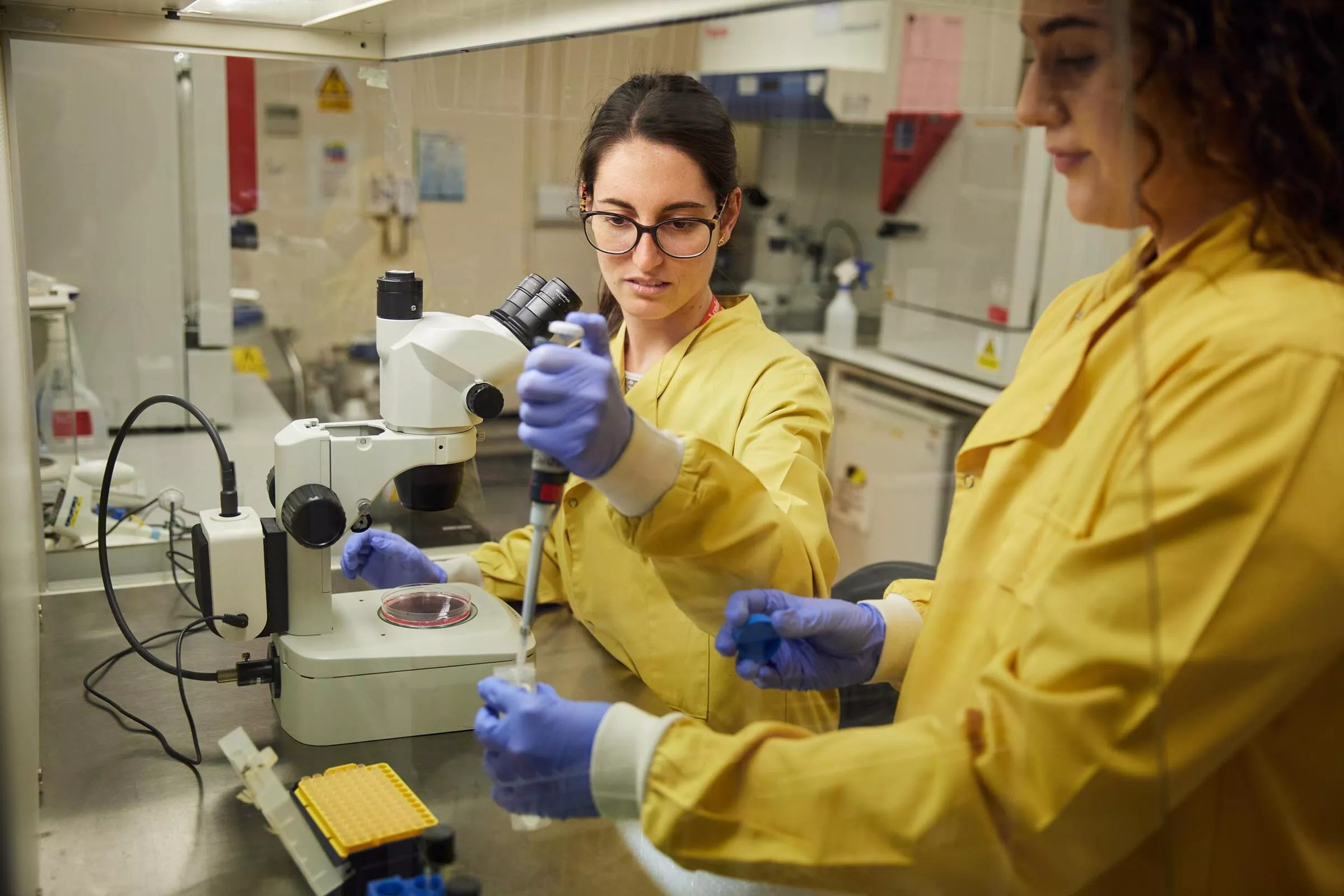
A commonly prescribed drug for rheumatoid arthritis could be used to slow the progress of type 1 diabetes, new research shows.
In this study, the drug baricitinib was tested in a trial of people recently diagnosed with type 1 diabetes.
Baricitinib is an immunotherapy. Immunotherapies works by retraining the immune system to hold off its attack on the pancreas. When people are first diagnosed with type 1 diabetes the immune system hasn’t quite finished its destruction of insulin-producing beta cells, meaning up to 20% may still be alive.
Findings showed baricitinib could help people to keep hold of more of these remaining beta cells, to preserve the body’s own supply of insulin.
This trial follows ground-breaking news in 2022 when the world’s first-ever immunotherapy, called teplizumab, was approved for use in the US to hold off the development of type 1 diabetes. While teplizumab is injected, bacitinib is taken as a single tablet each day.
How the study worked
Sixty people diagnosed with type 1 diabetes in the last 100 days were given daily baricitinib treatment over 48 weeks, while another 31 people were given a dummy placebo drug.
During the trial, the researchers measured levels of C-peptide - a molecule our body makes when it produces insulin. This told them how much of their own insulin participants were producing. They also examined changes in HbA1c levels, daily insulin doses and used continuous glucose monitoring to look at participants’ blood sugar levels.
After 48 weeks, C-peptide levels in those taking baricitinib were significantly higher than the placebo group and their levels stayed fairly constant over the course of the study, whereas the placebo group saw a decline. This suggests the treatment had helped to slow the immune system’s destruction of beta cells.
Those in the baricitinib group also used less daily insulin through injections or pumps, had less variability in their sugar levels, and spent more time in target blood sugar range, compared to the placebo group.
These benefits have been linked with a reduced risk of hypos and the longer-term complications of diabetes. While it could also make day-to-day management of type 1 diabetes simpler and less unpredictable.
Could the drug help people already living with type 1 diabetes?
People who’ve already lived with type 1 diabetes for years or decades typically have very few, if any, surviving beta cells.
In separate studies, scientists are looking for ways to replace or grow back beta cells that have been destroyed. Once we can do this, immunotherapies could be used alongside the beta cell therapy to protect new cells from another immune system attack.
Through the Type 1 Diabetes Grand Challenge – a partnership between Diabetes UK, JDRF UK and the Steve Morgan Foundation, we’re making major investments in transformational research to move us closer to having new treatments and cures for people with type 1 that tackle the immune attack and restore their beta cells.
Next steps
While baricitinib can be prescribed to people with some autoimmune conditions it hasn’t been approved for use in people with type 1 diabetes outside of a research setting.
These new findings are really promising, and the next step would be a larger and longer-running clinical trial to build firmer evidence on the safety and benefits of baricitinib for people with type 1. This evidence would then be put to regulatory bodies who decide if new treatments should be licensed.
The study was led by researchers at St Vincent’s Institute of Medical Research in Melbourne, funded by JDRF, and it has been published in the New England Journal of Medicine.
Dr Faye Riley, Research Communications Manager at Diabetes UK, said:
“It’s incredibly exciting to see more positive results from clinical trials of immunotherapies to stop type 1 diabetes in its tracks.
“For more than 100 years, people living with type 1 diabetes have relied solely on insulin, but these findings show that by tackling the root of type 1 diabetes – an immune system attack – an existing drug can help to shield the pancreas in people newly diagnosed, so they can continue making more insulin for longer.
“This can give people with type 1 diabetes much steadier blood sugar levels and help to protect against serious diabetes complications down the line.
“Immunotherapies are edging us towards a new era in type 1 diabetes treatment and could help us overcome a major hurdle en route to finding a cure for the condition. This trial takes us another step closer.”
